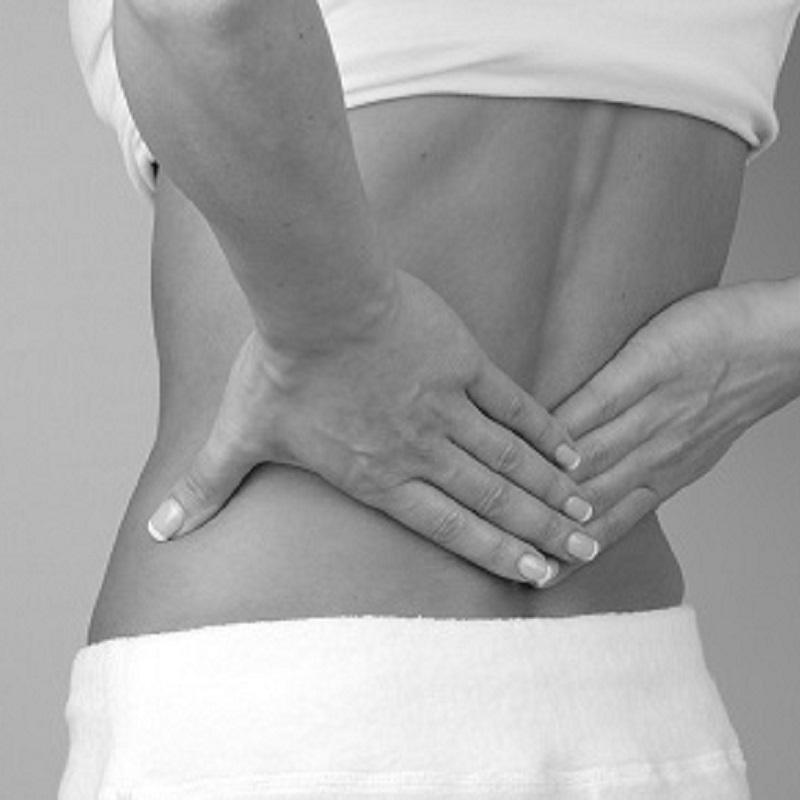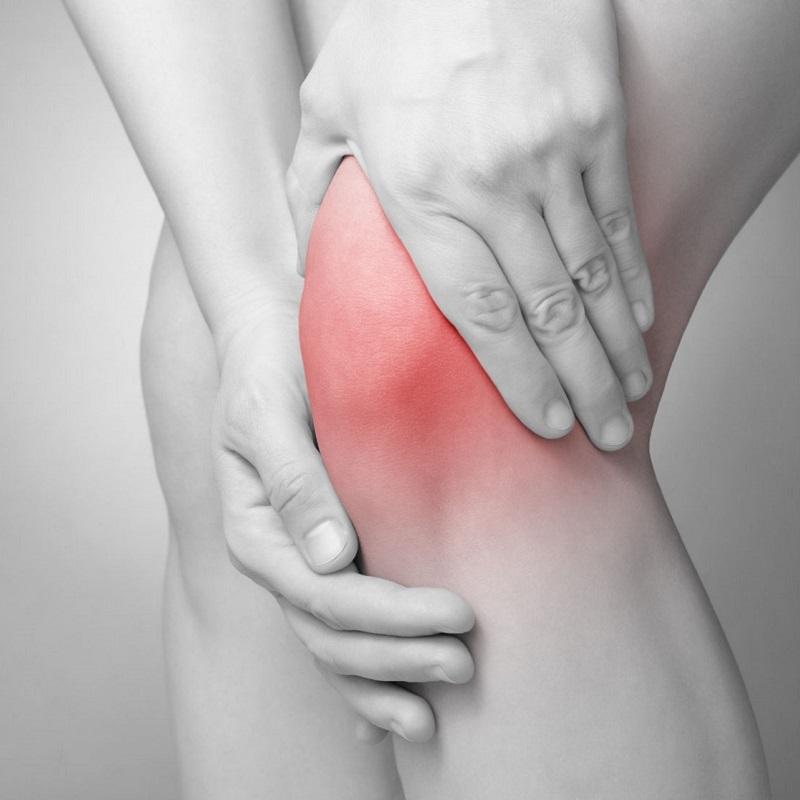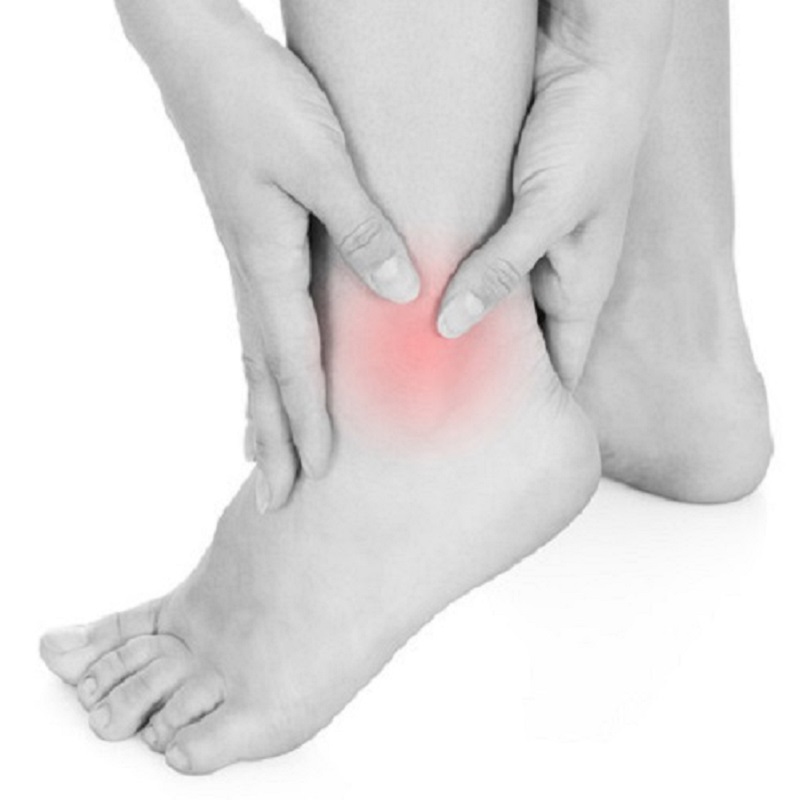Neck pain covers the area between skull and upper thoracic, it may also involve neuropathic pain & symptoms.

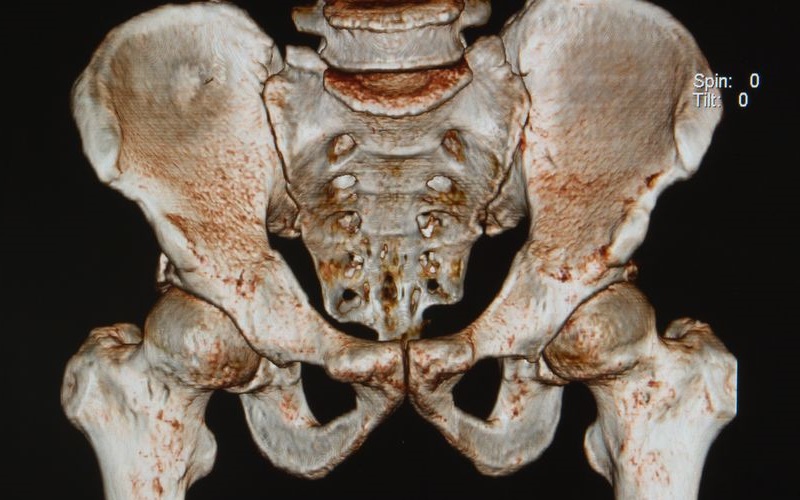
Neck Region Basic Anatomy
Neck is formed by seven cervical vertebrae, it support the skull which is approximately about 6-8% of total body weight. It also help the our cranial to receive sense from the environment, including vision, sound, smell, taste, and etc.
There is atypical vertebrae, from C1 to C2, and typical vertebrae, from C3 to C7. Physiological motions of neck include flexion, extension, side bending and rotation. Neck also perform a convex curvature towards font side. Abnormal neck condition and pain would always relate to reverse curvature of neck, and express as kyphosis.

Neck Pain Common Causes
Neck pain conditions can be divided into acute and chronic neck pain. Acute neck pain is defined as the neck pain conditions lasting within 3 to 6 months, and the pain area is limited to the affected soft tissue. Chronic neck pain has the wide spreading characteristic and affecting multi soft tissue simultaneously. It is hypothesised that the lowering of pain threshold, leading to normal tactile stimulation can result in pain.
Common acute neck pain refers to Muscle Strain, Sport Injuries, Acute Torticollis and Whiplash Injury. Chronic neck pain includes Neck Pain Syndrome, Thoracic Outlet Syndrome and Fibromyalgia, etc.
Acute Torticollis
Acute Torticollis is characterised by sudden onset of neck single side tightness, self limited and recover spontaneously within 3-4 days. It is usually caused by Acute Muscle Strain or Fibrositis. However, recurrent torticollis may predispose to chronic neck pain syndrome.
Whiplash Injury
Whiplash injury is one of the injury mechanism that causes spinal trauma. Excessive flexion (hyper-flexion), and excessive extension (hyper-extension) can cause bone damage and tearing of muscle and ligaments, resulting in front and behind side soft tissue injuries. It is common seen in motor-vehicle accidents, and it is complicated by its injury mechanics.
Neck Pain Syndrome
Neck Pain Syndrome refer to cluster of neck pain symptoms, various symptoms are determined by soft tissue affected, limited range of motion, nerve root distribution pins and needles, spinal cord compression symptoms, and sympathetic nervous system symptoms.
Here is the precautions when suffering neck pain syndrome:
- Keep neck region warm.
- Keep good sitting posture, avoid sitting on sofa.
- Do gentle neck mobilisation exercise every hour.
- Avoid weight lifting, or it will cause neck muscle tightness again.
- Avoid using tablet or cell phone, and bending neck forward posture would cause neck tightness.
- Improve office working posture, with ergonomic design table and chair.
Fibromyalgia
Fibromyalgia affects about 2% of the population, and it is a non-arthritic rheumatic disease. According to College of American Rheumatology, diagnostic criteria includes number of painful area in 19 parts of body, and severity of following symptoms, including fatigue, waking un-refreshed, cognitive (memory or thought) problems.
Compare Different Neck Pain Conditions:
| Aetiology | Symptoms | Treatment Focus | |
| Acute Torticollis | Strained Muscle | Opposite side limitation of side bending and turning | Muscle relaxation and pain control |
| Whiplash Injury | Motor Vehicle Accidents, involve acceleration and deceleration neck motion | Instability of neck, and recurrent neck pain condition | Muscle training to improve instability |
| Thoracic Outlet Syndrome | Poor posture, neck muscle strained | Nerve or blood vessels compression symptoms | Release compression |
| Fibromyalgia | Unknown | Multi area pain at the same time | Pain relief, also focus on insomnia and emotional problems |
How Traditional Chinese Medicine and Physiotherapy Help?
-
 Focused Extracorporeal Shockwaves
Focused Extracorporeal ShockwavesRelieve pain and promote healing from chronic tendinitis
-
 Acupuncture and dry needling
Acupuncture and dry needlingAcupuncture is safe and effectively treat chronic neck pain.1
-
 Cupping therapy
Cupping therapyReduce pain, and improve function and quality of life.2
-
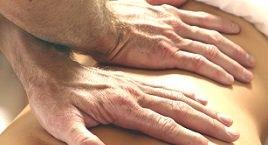 Manual therapy
Manual therapyRelease muscle tightness, improve joint alignment and function.
-
 Chinese Herbal Remedy
Chinese Herbal Remedy
Nature way of Pain Killer, and improve sleep quality.
-
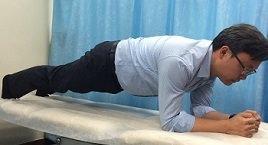 Exercise Therapy
Exercise TherapyPromote injured tissue healing, improve the function of the affected area.
Reference:
1. Yin, C., Buchheit, T.E., Park J.J.. (2017, October). Acupuncture for chronic pain: an update and critical overview. Current Opinion in Anaesthesiology , 30(5), 583-592. doi:10.1097/ACO.0000000000000501.
2. Saha , F. J., Schumann, S., Cramer, H., Hohmann, C., Choi, K. E., Rolke, R., . . . Lauche, R. (n.d.). The Effects of Cupping Massage in Patients with Chronic Neck Pain - A Randomised Controlled Trial. Complementary Medicine Research, 24(1), 26-32. doi:10.1159/000454872.
3. Nakajima, M., Inoue, M., Itoi, M., & Kitakoji, H. (2013). Clinical effect of acupuncture on cervical spondylotic radiculopathy: Results of a case series. Clinical Trial Acupunct Med, 31(4), 364-367. doi:10.1136/acupmed-2013-010317(Read)
4. Callejas-Marcos I, Torrijos-Bravo A, Torres-Chica B, Ortiz-Gutiérrez RM. Eficacia de la punción seca en la cervicalgia en comparación con otras técnicas de fisioterapia: una revisión sistemática [Efficacy of dry needling in neck pain compared with other physiotherapy techniques: A systematic review]. Rehabilitacion (Madr). 2019 Jul-Sep;53(3):189-197. Spanish. doi: 10.1016/j.rh.2018.11.004. Epub 2019 Jul 9. PMID: 31370946.(Read)
5. Witt, C. M., Jena, S., Brinkhaus, B., Liecker, B., Wegscheider, K., & Willich, S. N. (2006). Acupuncture for patients with chronic neck pain. Pain, 125(1), 98–106. https://doi.org/10.1016/j.pain.2006.05.013 (Read)
This was a combined study design, incorporating randomized and cohort studies. 14161 patients with chronic neck pain from German multi-medical centres were enrolled. Usual medical treatment was given as a control group while additional acupuncture for 15 sessions was given as an intervention group. Subjects given acupuncture performed significant improvement in Neck Pain and Disability (NPAD Scale by wheeler) outcome measure. It is believed that acupuncture improves pain relief in addition to conventional medical treatment.
6. Liu, S., Wang, Z., Su, Y., Qi, L., Yang, W., Fu, M., Jing, X., Wang, Y., & Ma, Q. (2021). A neuroanatomical basis for electroacupuncture to drive the vagal–adrenal axis. Nature, 598(7882), 641–645. https://doi.org/10.1038/s41586-021-04001-4




